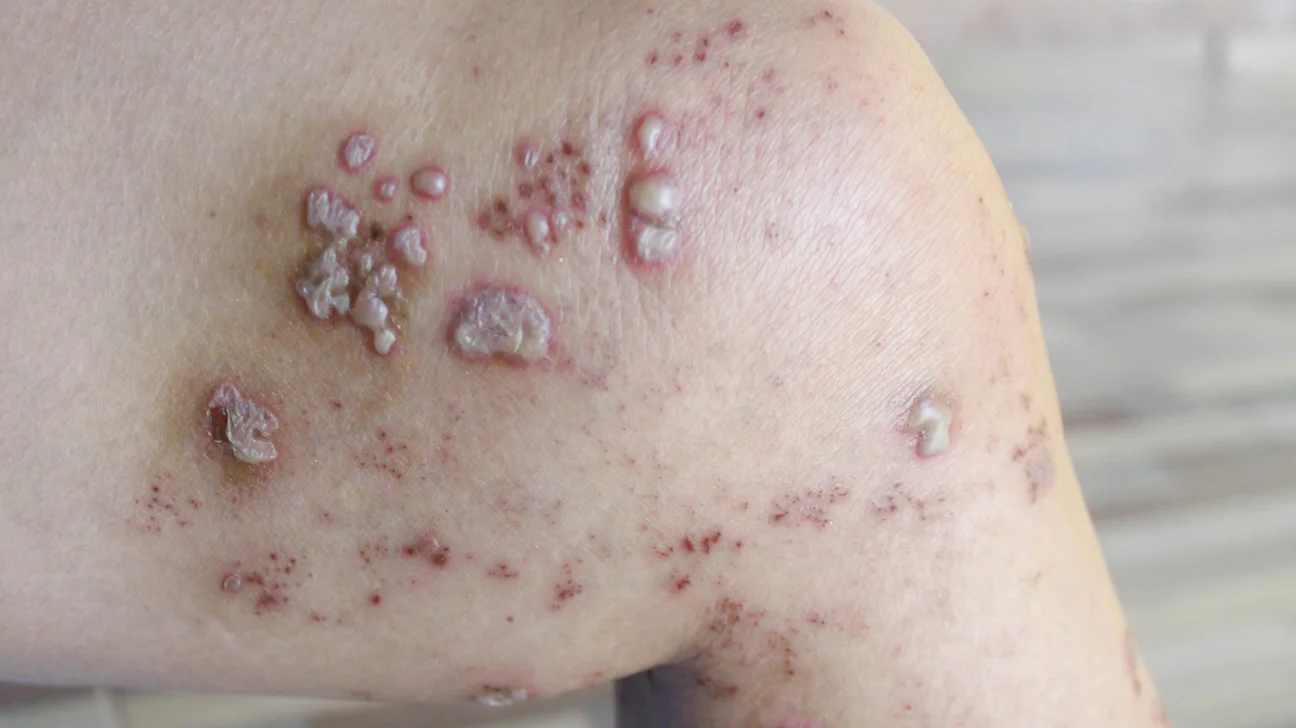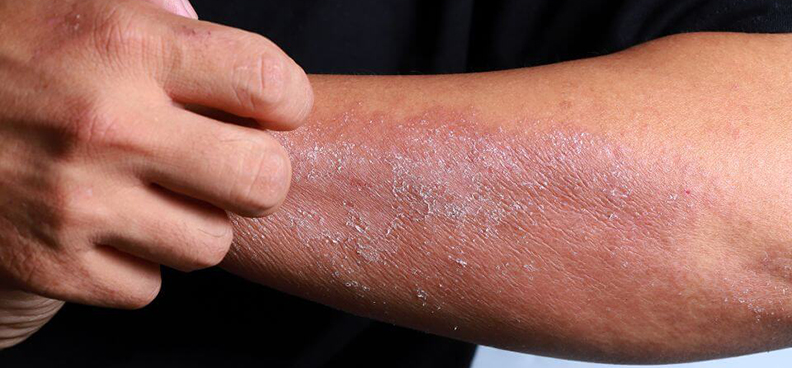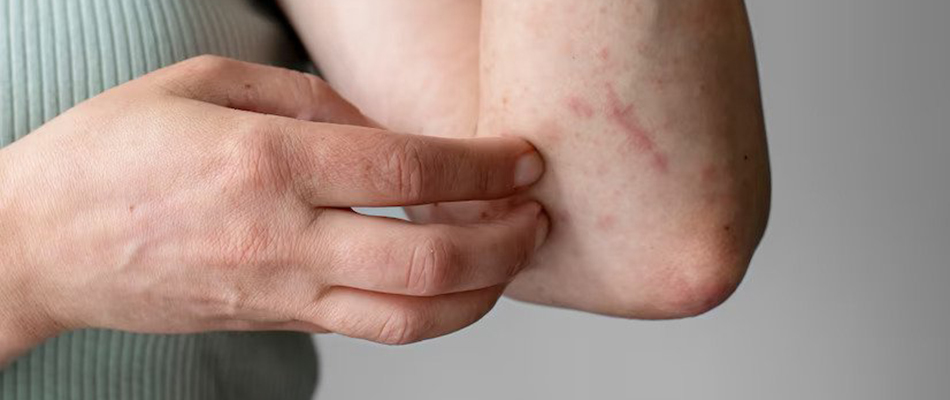
Skin Disease Treatment in South Delhi
Sometimes we tend to ignore skin problems or skin issues believing they will go away with time. However, it is always advisable to consult a qualified
Skin Specialist
who can guide you about the right treatments available for specific skin diseases. Early diagnosis plays a crucial role, as many skin conditions are often linked to underlying health issues and require a comprehensive treatment approach.
It is important to identify the root cause of the prevailing skin condition, as untreated problems may worsen over time. Dr. Jyoti has vast expertise in the field of skin disease, gained during her extensive experience at one of the largest hospitals in Asia, Safdarjung Hospital, New Delhi. She successfully treated nearly 100 patients daily for several years and continues to apply this knowledge while staying updated with the latest advancements in dermatology.
Her treatment approach often integrates advanced procedures such as
skin rejuvenation,
BB glow treatment,
hair reduction,
and targeted solutions for concerns like
acne scar,
ensuring personalised and effective care for every patient.


